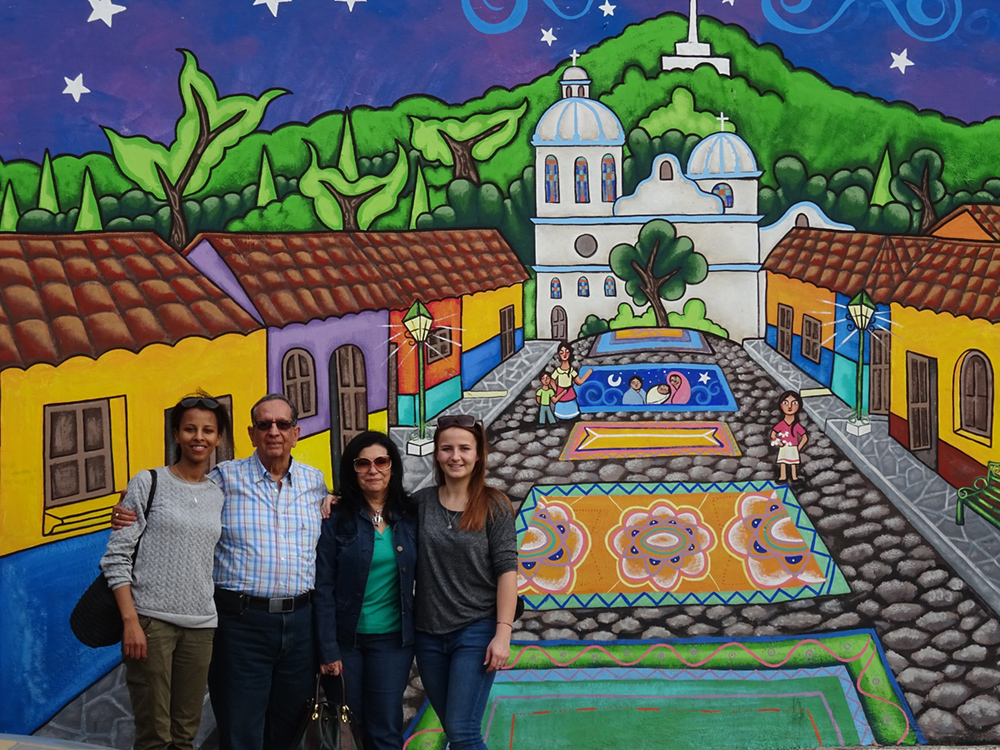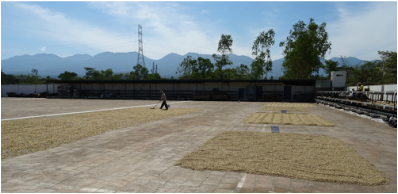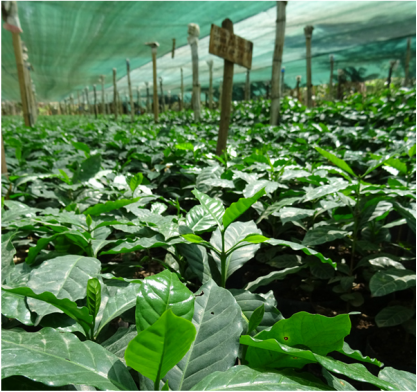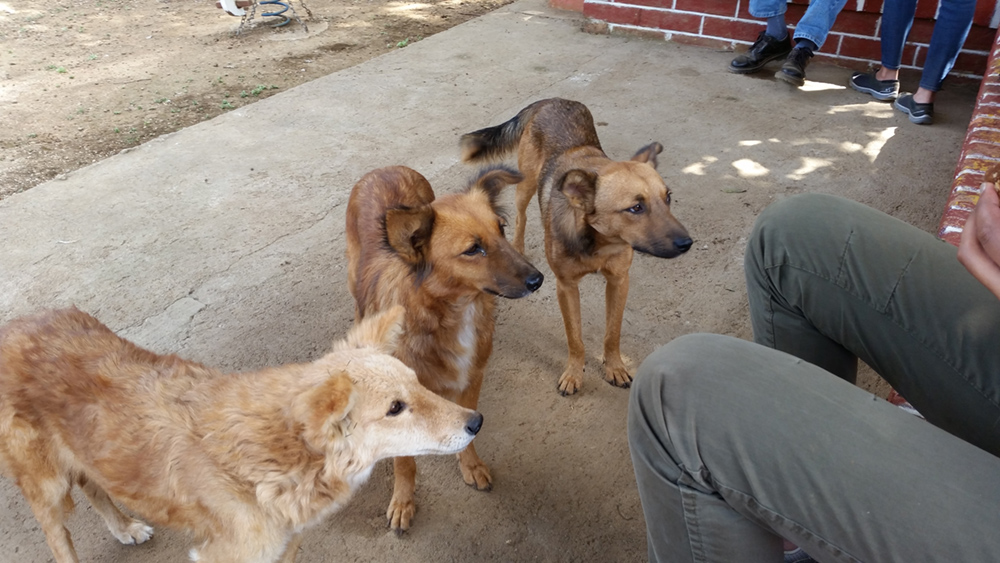|
Marie-Anne Rogers (Coffee buyer) and Alicia Fieldhouse (Sales Support and Technical) visit South America.
From San Salvador, we took a quick 50-minute flight in a tiny propeller plane over the border to Honduras, San Pedro Sula. We were met by Gerrado, which we quickly established is hard to say with an English accent and that Gerry is a lot easier! It was early afternoon so we had chance to go to Cadexa, a family run coffee export business on the outskirts of San Pedro Sula. The site has a maximum capacity of 300,000 tonnes of coffee which is sourced from local coops and beneficios. All coffee is passed through chromatic machines which separate any foreign bodies or discoloured beans. Alicia Fieldhouse
|
MasteroastA collection of articles written by the dedicated staff of Masteroast Archives
April 2022
Categories
All
|
Our ServicesCoffee SourcingDesign ServiceQuality Assurance |
|
|
Copyright © 2024, Masteroast Coffee Company Ltd, 01733 842000
|
|





